Betsi Cadwaladr chief admits 'big gap' on mental health
- Published

There is still much more to do to improve mental health services at Wales' largest health board, its chief executive has admitted.
Betsi Cadwaladr, which cares for 694,000 people in north Wales, has been in special measures for two years.
It is also awaiting reviews of "institutional abuse" at a mental health ward, which closed in 2013.
But it has now launched a new mental health strategy with managers "determined things will be different".
Betsi's mental health service spends £100m a year and employs 1,650 staff across north Wales on everything from caring for patients with mental illness to child psychiatry and drug and alcohol misuse support.
The strategy, Together for Mental Health in North Wales, external, insists there has been an "honest and open review" of what it does and that the health board is "determined that things will be different".
It also recognises problems with:
Services which are too fragmented
Waiting lists
Wards which need refurbishing
Persistent recruitment difficulties and pressures on staff
Latest performance figures for the health board also show only just over half of assessments for the child adolescent mental health services happened within 28 days; the target is 80%.
It sets out a cultural change, where people using mental health services, their carers and families would be treated as "equal partners".
Staff would be "respectful and compassionate" and listen to those using the service.
All wards would be "fit for purpose, safe and humane".
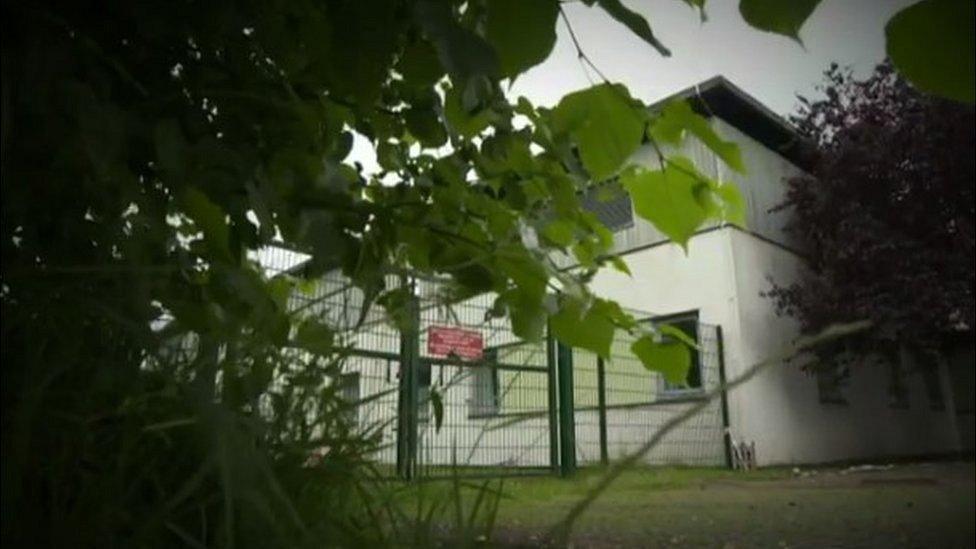
Two separate reviews into care at Tawel Fan are expected to conclude by the autumn
The strategy has been unveiled with mental health services still under the shadow of the Tawel Fan scandal.
The ward at Glan Clwyd Hospital, Denbighshire, closed in December 2013 and a report found some patients were "treated like animals".
At least seven patients' families were told treatment may have contributed to their deaths. Two further reviews into the scandal are expected to report later this year.
The health board has been under special measures for two years after watchdogs found "significant management failings" in 2013 and the Welsh Government finally ran out of patience.
It was given a deadline to produce a response on mental health by April.
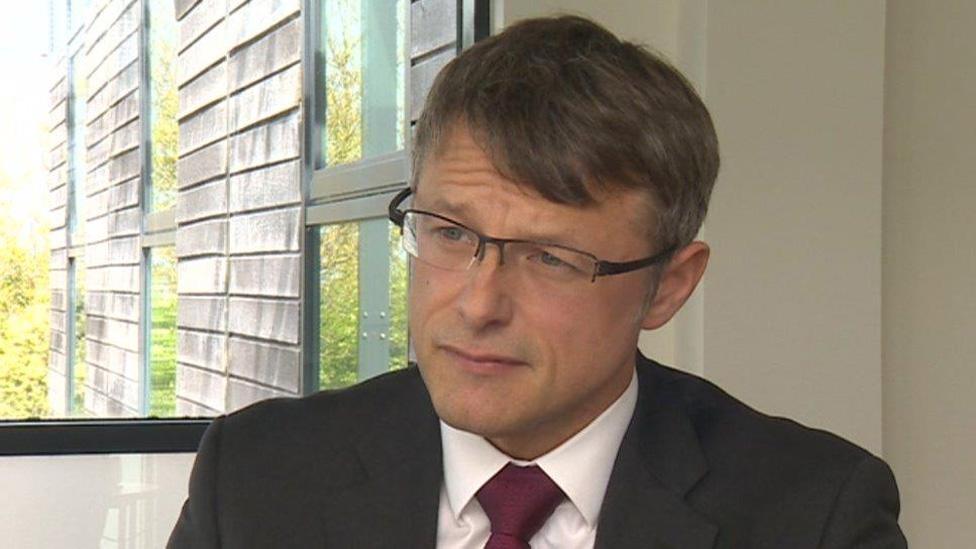
Gary Doherty knows there is still work to do
Gary Doherty, who took over as chief executive in February 2016, said he had strengthened the management team in mental health but was aware there were still improvements needed.
"The work we've done... while there are some really positive comments about what we do in terms of mental health services, there's a really big gap about where we need to get to," he said.
Local AM Darren Millar believes "heads should roll" over Tawel Fan.
Mr Doherty is prepared to take action but added: "Until we get those two reports, we don't know what we're holding people to account for.
"I've sacked people before, people need to be held to account but, equally, it's difficult to speculate when you don't know what a report is going to tell you."
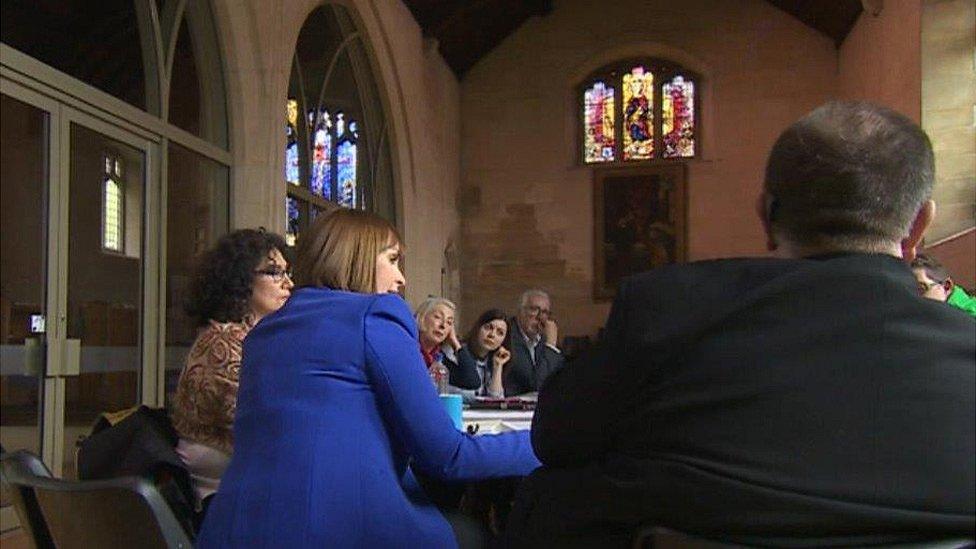
Caniad brings together patients, carers and families to have a voice in mental health care on north Wales
The health board insists it is more than just warm words and that it has involved patients and carers at all stages of developing the new strategy.
A total of 153 people took part in workshop events or gave one-to-one feedback.
A patient group will also be part of bringing it in and keeping across its progress in the future.
Lesley Singleton, Betsi's head of strategy on mental health, said it was about challenging the usual perception patients were being consulted only after plans had been drawn up.
"We've got a very honest reflection of how services have been in the past - there's no gloss on the story we want to tell, it's very much about what people's views about what services have been like and what they want to see changing."
'The bigger problem'
She said people felt there had been a "very-medicalised model" for mental health and they were not part of deciding how they wanted to be treated.
Access was also a problem - including out of hours - and services were not joined up or talking to each other.
"We've talked to people who find themselves in a mental health crisis. This group told us that the crisis that they went into is not nearly as bad as having to work through services - so that becomes the bigger problem," she said.
"That's helped us galvanise the approach we've taken, so it's not just about the health board but all services."
Ms Singleton said it was about learning lessons but also there was a lot of work to do in changing the culture of many years.
Richard Birch said the involvement of patients was not a tokenistic exercise
Richard Birch, who has been treated for depression, has helped develop the strategy with Caniad - an organisation set up by charities Hafal and Cais to give a voice to patients.
He said services had been "absolutely atrocious" and there were still obstacles, including getting GPs to understand mental health.
But he was optimistic services could now be built around the patient "not to fit the member of staff or the money".
"This strategy is not just a piece of paper that's going to be shoved in a desk. They're asking about what I feel and what really matters to me."
But he still wants mental health to be a long-term priority for Betsi, beyond its period in special measures.
David Snape, from Holyhead, who cares for his wife with dementia, said he "feels empowered" by his involvement in developing the strategy.
"We're getting a voice and they're finally listening to people at ground level - we're the experts at the grassroots," he said.
Of his own experiences of services, he added: "It's the urgency - because of the numbers involved. I believe there are 1,700 people on Anglesey alone who've been diagnosed with dementia. There's no consistent package for everybody."
There will be more on Betsi Cadwaladar's response to failings and special measures on Thursday.
- Published2 May 2017
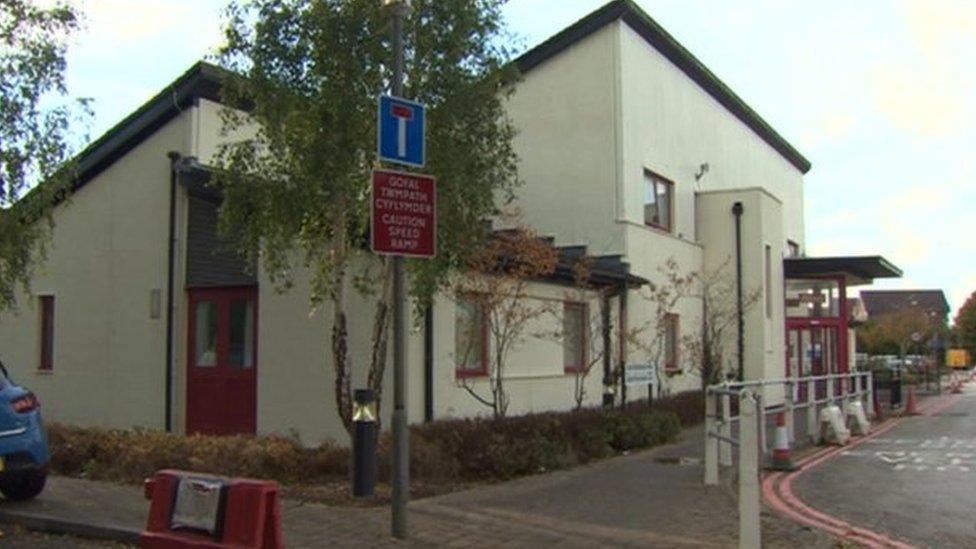
- Published22 October 2015
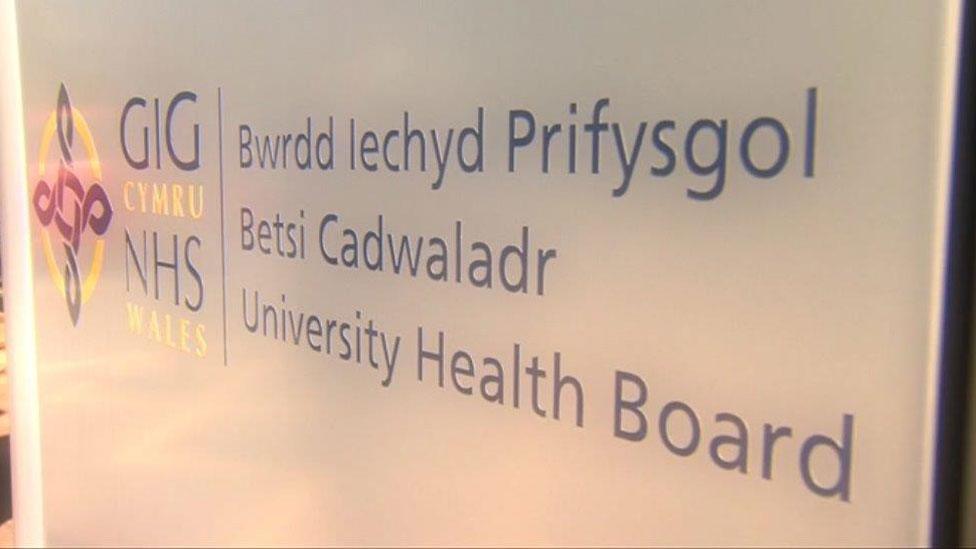
- Published16 February 2017

- Published19 January 2017

- Published5 August 2015

- Published28 May 2015
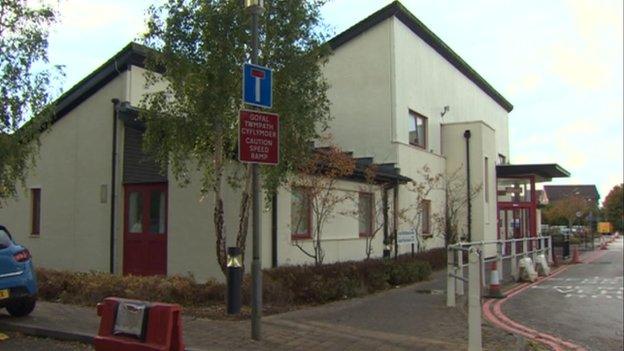
- Published30 June 2015
